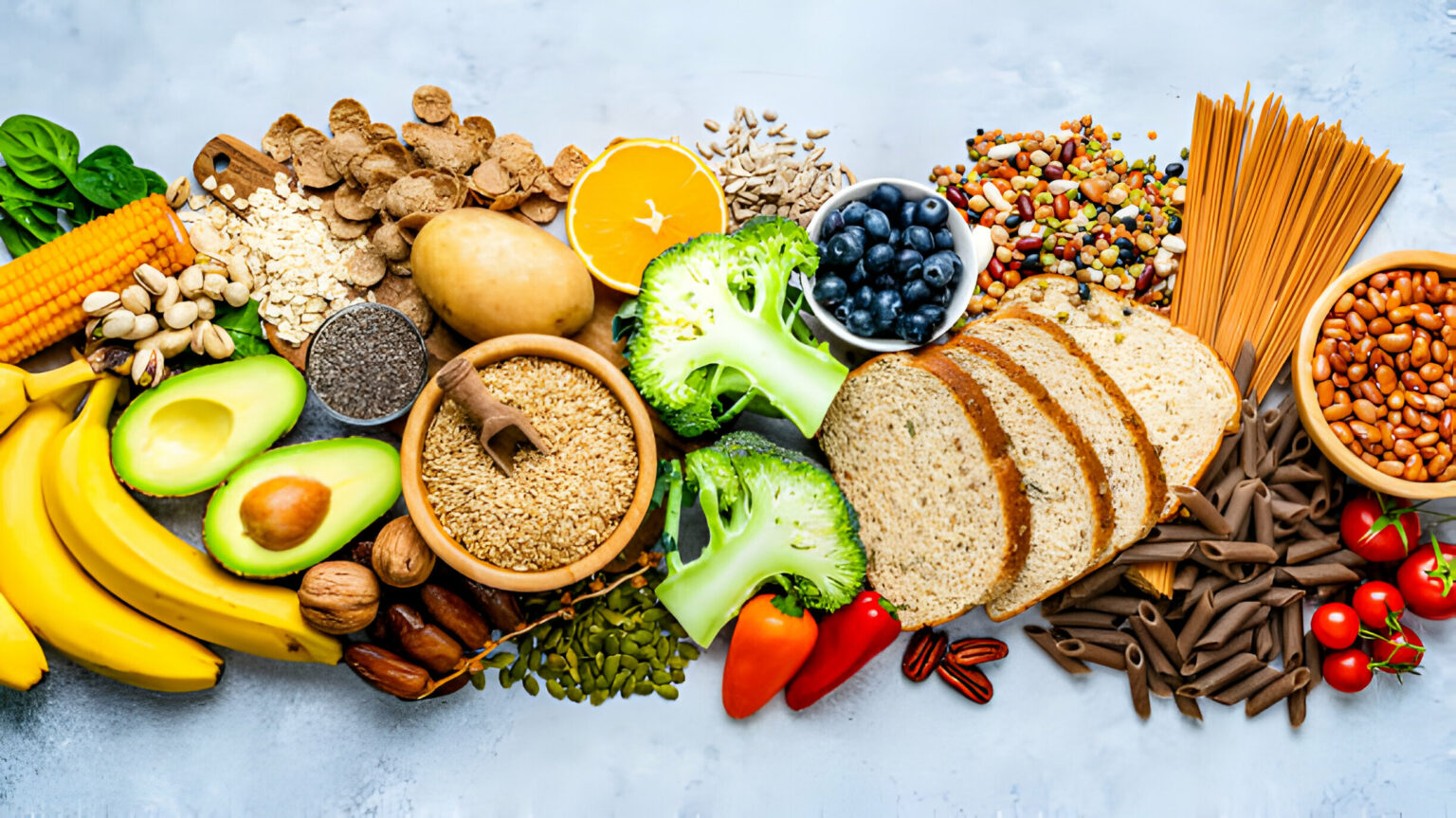You may overlook the advantages of high fiber foods while planning your diet However, you will be shocked to know how many benefits fiber bears in itself.
The dietary intake suggested by the WHO is 25-30 grams per day. However, experts say that 95% of the population doesn’t meet the recommended daily dietary intake.
People should acknowledge that, in addition to a flavorful diet composed of carbs and fats, it is also essential to separate a portion for fiber as well.
It doesn’t mean high fiber foods are not delicious or difficult to find; you can find them abundantly in natural foods and add them to your snacks and meals.
Advantages of High Fiber Foods
Maintains blood sugar level
If the food you have eaten has a high content of fiber, your body will take more time to break it down. It may be due to the fact that fiber makes a gel-like material in your stomach that traps sugar content.
Due to this, glucose does not enter rapidly into your bloodstream. This results in a more consistent level of glucose in the blood.
Research says that people who are at risk of diabetes, either type 1 or type 2, should raise the level of fiber in their diet from 15 to 35 grams per day.
Promotes healthy weight
Vegetables and fruits that have a high concentration of fiber generally have fewer calories. It also prolongs the sensation of fullness, so you won’t become hungry for some time after eating high fiber foods.
Hence, if you are aiming for a low-calorie intake and have the goal of losing weight, a high fiber diet will be a good choice for you.
Prevents the Risk of Cancer
According to research, if we eat high fiber foods, it will help reduce the risk of cancer, especially colon and colorectal cancer, in our bodies.
This is because fibrous diets have the ability to promote bowel movements, maintain blood sugar levels, and also facilitate the elimination of toxic materials from your digestive tract.
Its anti-inflammatory properties are also beneficial in preventing the onset of cancer.
Furthermore, the incidence of gastric cancer decreases by 44% for every 10 g/d increase in dietary fiber consumption.
Lowers cholesterol level
If you have high levels of cholesterol in your body, you may be at high risk of heart disease. But if you add a significant amount of fiber to your diet, you can overcome the risk.
LDL is considered bad cholesterol, and consuming 5–10 grams of fiber daily can decrease the LDL levels in your body.
Fiber lowers the absorption of cholesterol in your digestive tract, maintaining healthy lipid levels in the blood and, hence, protecting your heart
Contribute to the health of gut bacteria
Bacteria does not always mean harmful or disease-causing agents. The human body contains a type of healthy or beneficial bacteria, present in the gut, that performs many significant roles.
They are responsible for synthesizing vitamin K, providing essential nutrients, helping in cellulose digestion, and promoting nerve function as well as angiogenesis.
High fiber foods are a source of food for these beneficial bacteria. The bacteria in your gut feed on dietary fiber, mainly soluble fiber, and hence keep the bacteria healthy and long-living.
Prevents constipation
In cases of constipation, it is mostly advised to increase the fiber content of your diet. It is because fiber increases the size and bulk of your stool and also makes it soft. It is easier for a soft and bulky stool to pass through if it is outside of the body.
If you are having watery stools or loose stools, dietary fiber can also help relieve them, as it has the tendency to absorb excess water and add bulk to the stool, resulting in a solidified stool. Hence, it is helpful in normalizing healthy bowel movements.
Healthy Bones
In addition to the many benefits given above, fiber also helps strengthen your bones. It is suggested that fiber also increases the absorption of calcium in your bones, making them stronger.
Fiber also lowers the amount of calcium and phosphorus levels in urine and induces a slight decrease in serum calcium levels as well.
Conclusion
So fiber is indeed something worth praising. It is not usually given the popularity it deserves, as carbs, fats, and proteins take away all the fame. But now, you know well how fiber causes your body’s functions to stay on track.
It helps in the prevention of numerous diseases and contributes to the treatment of others. Mainly, it helps maintain your body’s cholesterol and blood sugar levels, playing a key role in the prevention of many disorders. If you are planning to lose weight, a high fiber diet might serve as a solution for you.
Read more Articles:
For further information on high-fiber foods and their benefits, check out these articles:
- High Fiber Fruits: A Comprehensive Guide
- Types of Fiber: Understanding the Different Forms and Their Health Benefits
- Low Fiber Diet: What You Need to Know and Its Implications on Health
These articles provide valuable insights into various aspects of fiber-rich diets and their impact on health and well-being.
